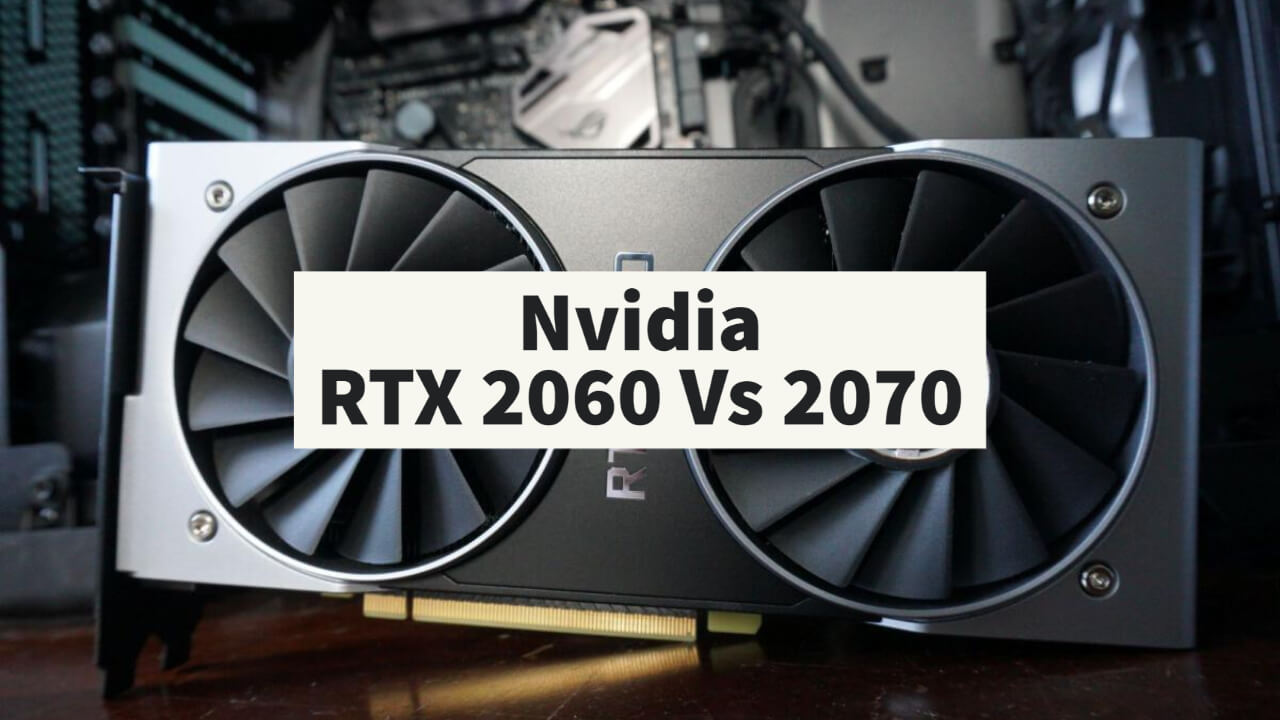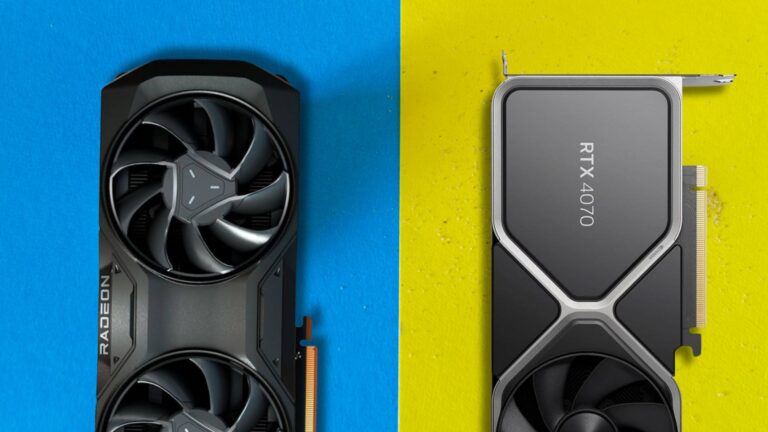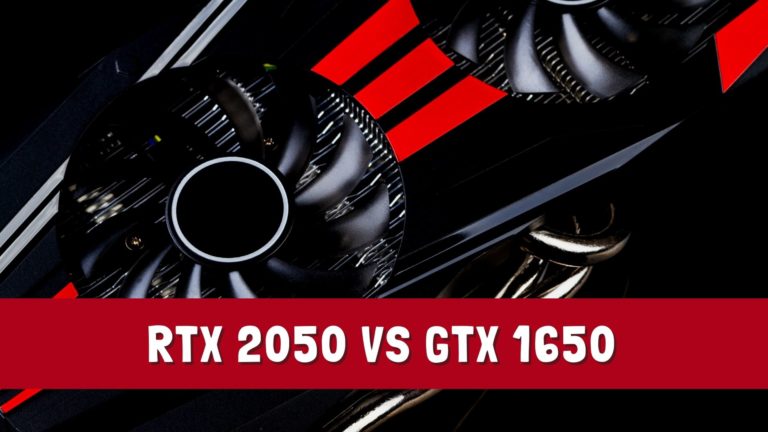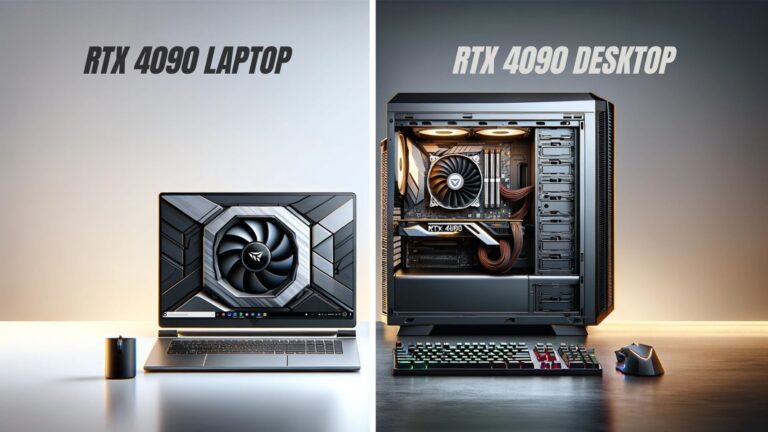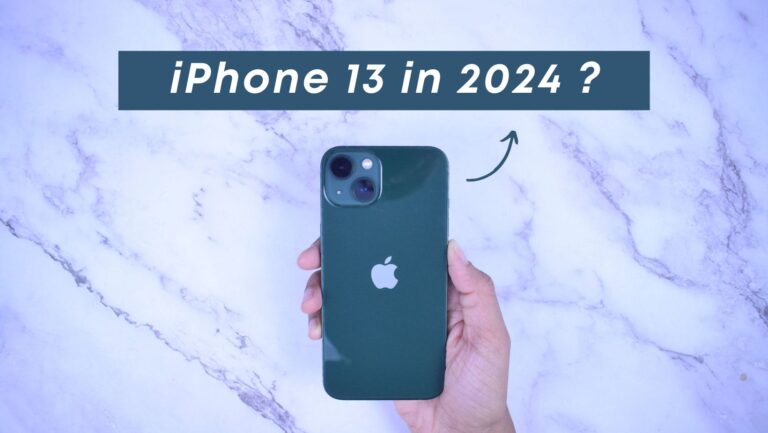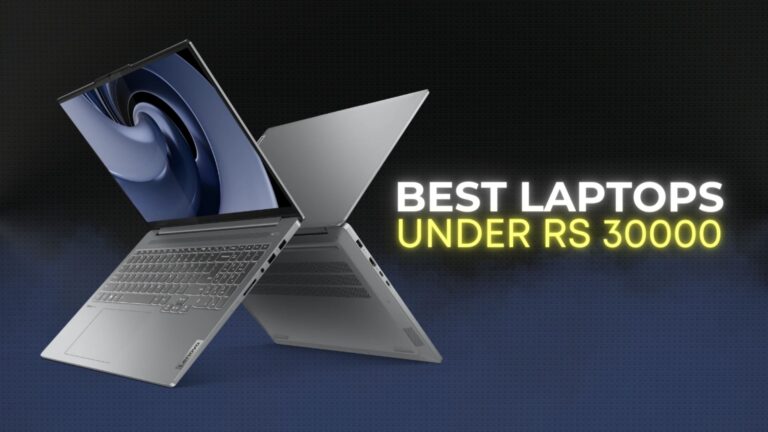 |  |
|---|---|
| RTX 2060 | RTX 2070 |
| BUY NOW | BUY NOW |
| PROS | PROS |
| Ready for 4K @ 30fps gaming. Silky ray traced 1080p gaming. Runs much cooler than previous. | Playable 4K gaming across a variety of titles. Impressive synthetic performance. Surprisingly lower energy consumption. |
| CONS | CONS |
| Slightly pricier than predecessor. RTX heavily impacts performance at QHD and 4K. | Expensive for a ‘mid-range’ GPU. RTX and DLSS-enabled games still not out yet. No SLI option. |
SPECIFICATIONS
| OVERVIEW | RTX 2060 | RTX 2070 |
| Card Status | Released | Released |
| Manufacturer | NVIDIA | NVIDIA |
| Release Date | 14th January, 2019 | 17th October, 2018 |
| Launch Price | $349 USD | $499 USD |
| Board Model | NVIDIA PG160 | NVIDIA PG160 |
| GPU | RTX 2060 | RTX 2070 |
| GPU Model | 12nm TU106-300 | 12nm TU106-400/A |
| Cores : TMUs : ROPs | 1920 : 120 : 48 | 2304 : 144 : 64 |
| CLOCKS | RTX 2060 | RTX 2070 |
| Base Clock | 1365 MHz | 1410 MHz |
| Boost Clock | 1680 MHz | 1620 MHz |
| Memory Clock (Effective) | 1750 (14000) MHz | 1750 (14000) MHz |
| Computing Power (FP32) | 5,242 GFLOPS | 6,497 GFLOPS |
| MEMORY | RTX 2060 | RTX 2070 |
| Memory Size | 6144 MB GDDR6 | 8192 MB GDDR6 |
| Memory Bus Width | 192-bit | 256-bit |
| Memory Bandwidth | 336 GB/s | 448 GB/s |
| PHYSICAL | RTX 2060 | RTX 2070 |
| Interface | PCI-Express 3.0 x16 | PCI-Express 3.0 x16 |
| Thermal Design Power | 160 W | 175 W |
OVERVIEW
RTX 2060
I am using Gigabyte RTX 2060 Windforce OC in this review.
The Gigabyte RTX 2060 Windforce OC is pretty much all black. There are two fans on the front, a plastic back plate with Gigabyte logo, and a single 8 pin power connector on top. There’s no lighting at all with this card.
For the I/O, we’ve got three DisplayPort 1.4 outputs and a single HDMI 2.0b port.
In terms if dimensions, we’re looking at under 27cm in length, 12cm tall and 4cm thick, it’s a two slot card, it’s not too big but did feel a little on the longer side.
RTX 2070
I am using Zotac RTX 2070 Mini in this review.
The Zotac RTX 2070 mini got a black and grey colour scheme. There are two fans on the front, a 90mm and 100mm, a nice metal back plate with Zotac logo, and a single 8 pin power connector on top. There’s some white LED lighting on the top Zotac logo and on the front above and below the fans in the center.
For the I/O we’ve got three DisplayPort outputs, single HDMI 2.0 and single DVI-D outputs.
In terms if dimensions, coming in at 21cm long, 13cm tall and 4cm thick, it’s a dual slot card.
PERFORMANCE
The system that I’m testing with has an Intel i7-8700K CPU in an MSI Z390 Gaming Pro Carbon motherboard running at stock speeds, along with 16GB RAM at DDR4-3200. The same Windows version and Nvidia drivers were used for the testing, so let’s get into the results.
Assassin’s Creed Odyssey
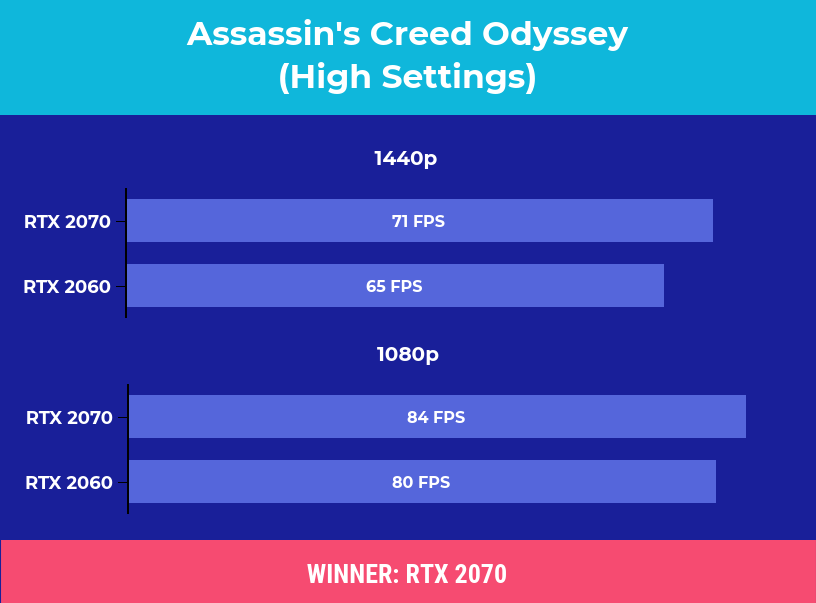
Let’s start out with Assassin’s Creed Odyssey, which was tested with the built in benchmark using high settings. We can see that in this game, the 2070 is coming out ahead, with 8% higher average FPS when compared with the 2060 at 1440p and 4% ahead at 1080p.
Battlefield V
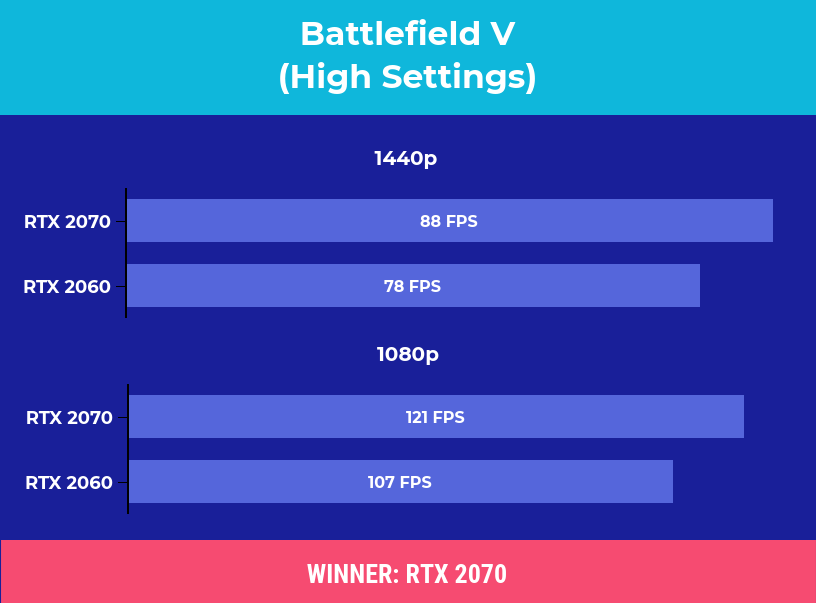
Battlefield V was tested with the built in benchmark at high settings. As a result, the RTX 2070 is getting 12% higher average FPS when compared with the RTX 2060 at 1440p and 1080p.
Counter Strike: GO
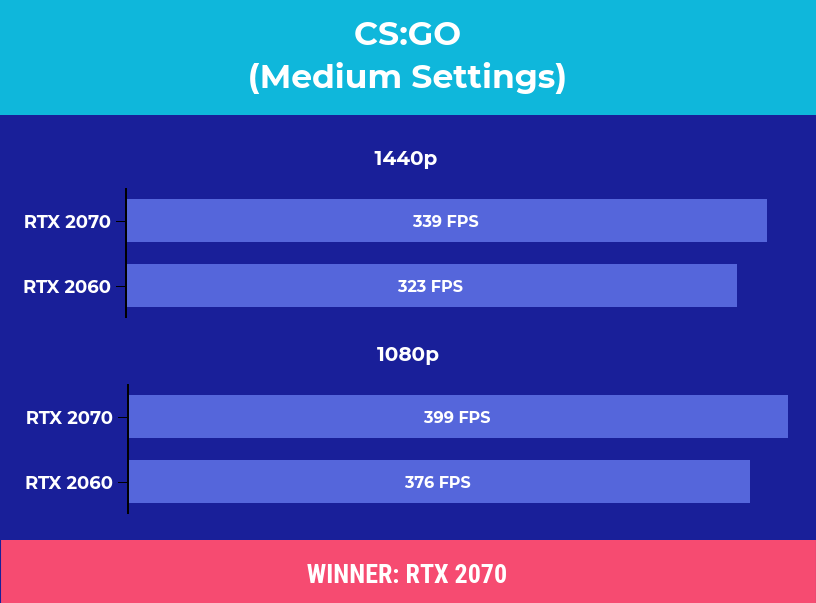
Counter Strike: GO was tested with the built in benchmark with medium settings in use. There was only a small improvement with the RTX 2070 here, coming out 4% ahead in average FPS when compared against the RTX 2060 at 1440p and 5.9% ahead at 1080p.
Far Cry 5
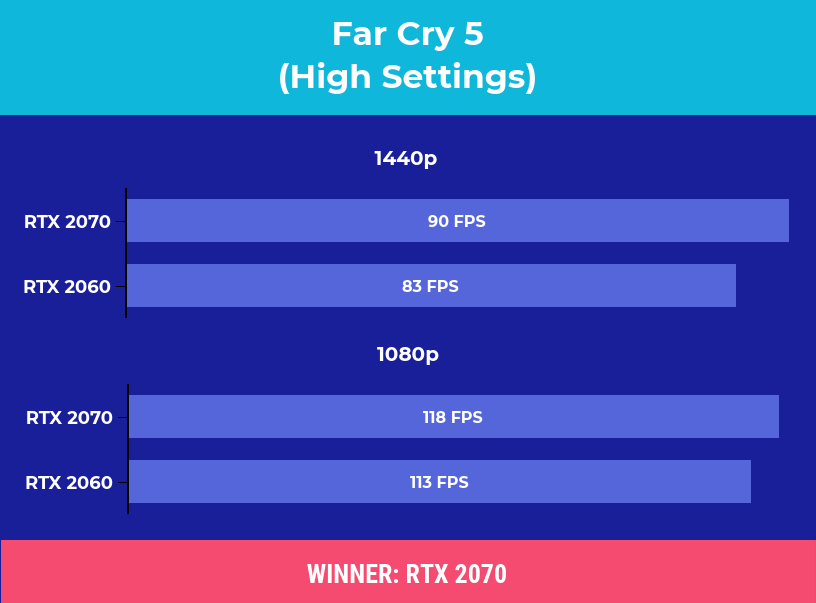
Far Cry 5 was tested using the replay feature at high settings, and again we can see the RTX 2070 was performing better here. The RTX 2070 was 7FPS ahead at 1440p and 5FPS faster at 1080p.
Overwatch
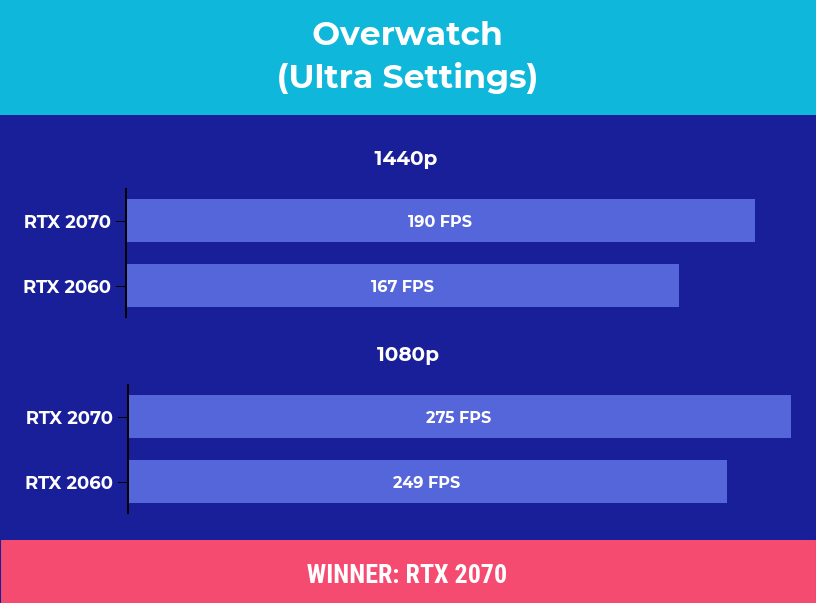
Overwatch was tested in the practice range, as it allows me to perform the exact same test run rather than with bots or other players which will always vary. In this test the RTX 2070 was 12% ahead of the RTX 2060 at 1440p and 9% ahead at 1080p.
PUBG
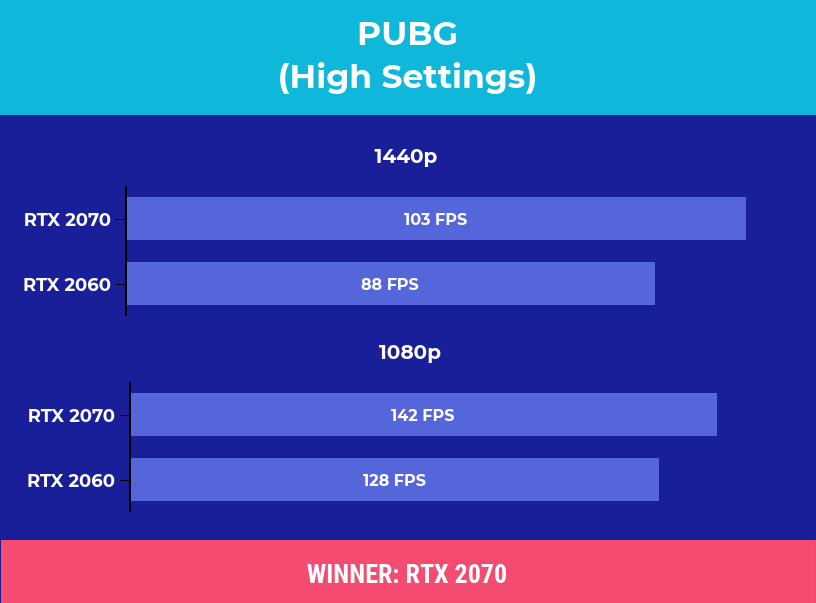
PUBG was tested using the replay feature, so this test performed the exact same task. At 1440p, RTX 2070 was 15% ahead and 10% faster at 1080p.
Rainbow Six Siege
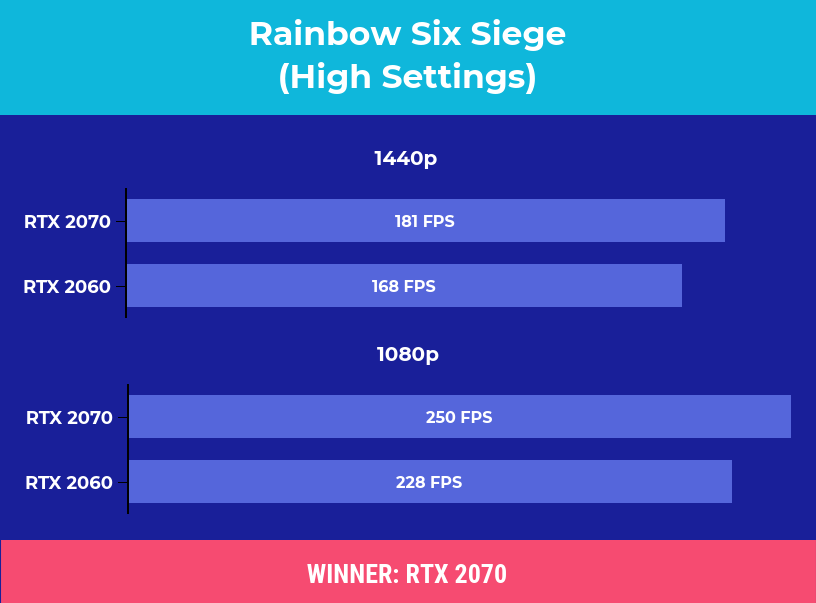
Rainbow Six Siege was tested using the built in benchmark with high settings. At 1440p, RTX 2070 was 7% ahead and 9% faster at 1080p.
Shadow of the Tomb Raider
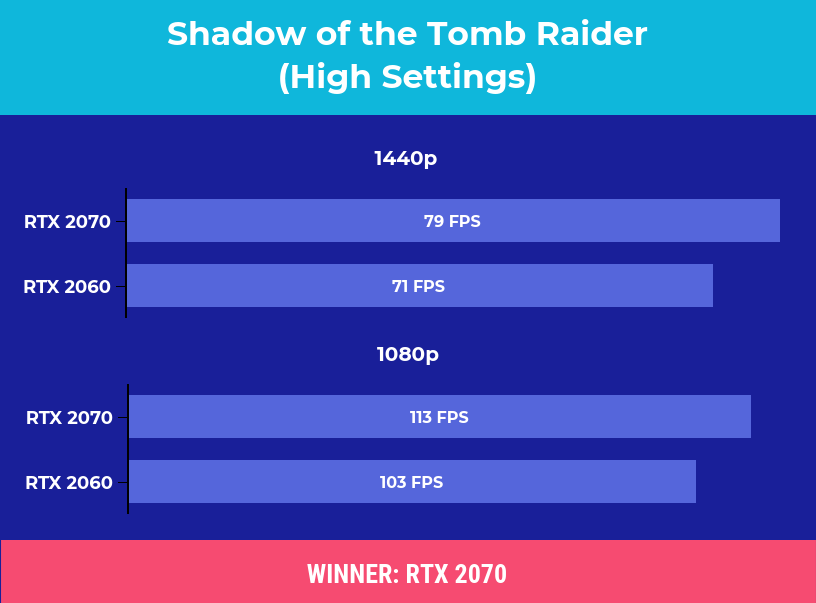
Shadow of the Tomb Raider was tested using vulkan with high settings, and the RTX 2070 was once more ahead of the RTX 2060 in this game. In terms of average FPS the 2070 was 10% ahead at 1440p and 9% ahead at 1080p.
Watch Dogs 2
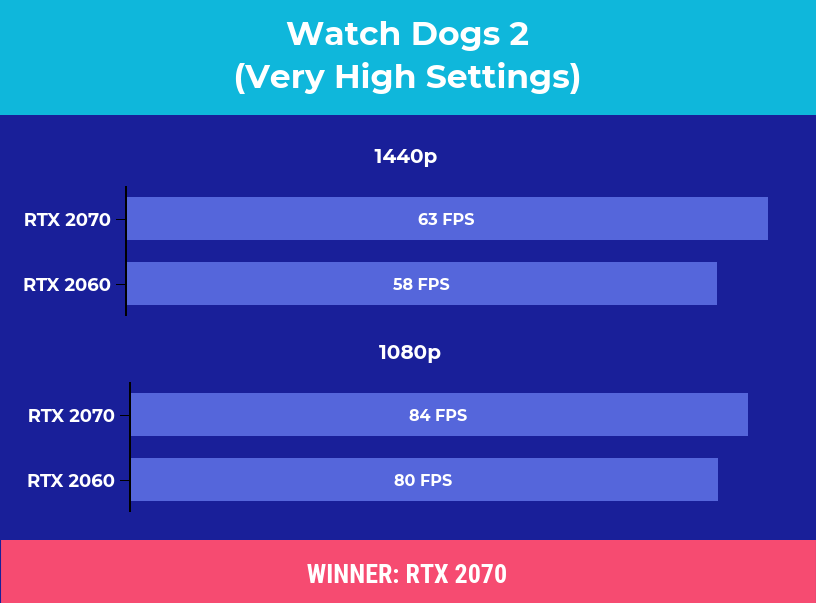
Watch Dogs 2 was tested as a fairly resource intensive game. At 1080p with very high settings the RTX 2070 was 4FPS ahead and 5FPS faster at 1440p.
CONCLUSION
Price
The Gigabyte RTX 2060 I’ve used here goes for around $370 USD, while other 2060’s seem to currently start at around $350. The 2070 I’m using is around $530 USD, but others start around $500.
Going on these best case current prices, going from $350 for the 2060 to $500 for the 2070 is a 43% increase to price, which I don’t think is really worth it.
Performance Difference
Based on the performance difference there’s no real reason to upgrade from the 2060 to the 2070 either, unless you’re happy with the 10 to 13% improvement on average that the 2070 offers for that price, personally I’d want an upgrade to count for more.
Which to Buy?
It really comes down to what sort of games you want to play, what resolutions you want to play at, and what frame rates you want to target.
I will recommend you to go for the 2060, it’s a much better bang for the buck.
Buying the 2060 with RTX in mind at this time probably isn’t a good idea, it seems a bit weak to really give a good experience, at least going by Battlefield 5, although I wasn’t really getting all that great FPS out of the RTX 2070 either.
